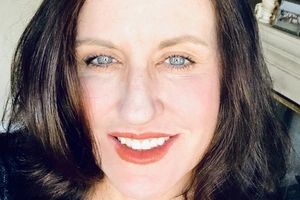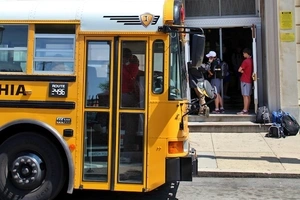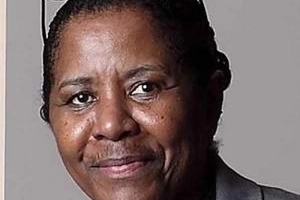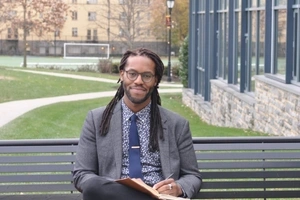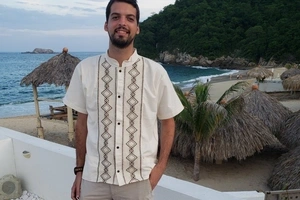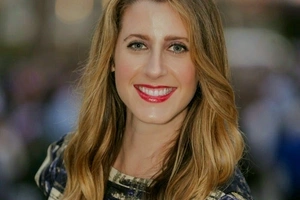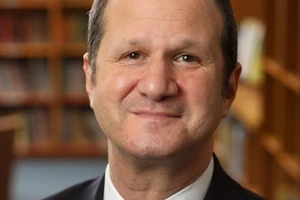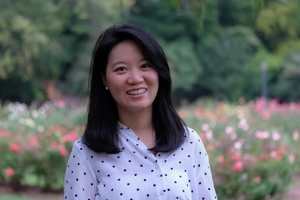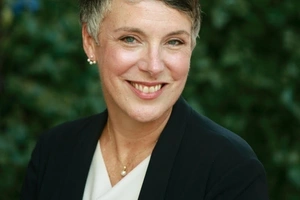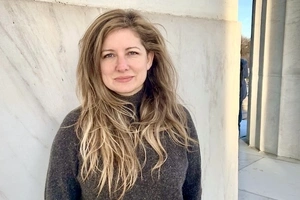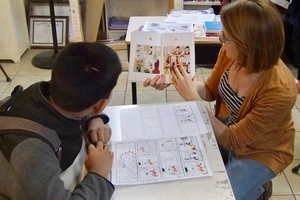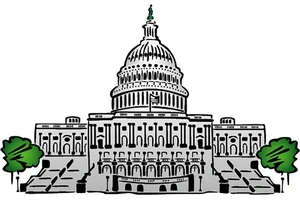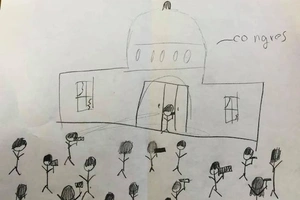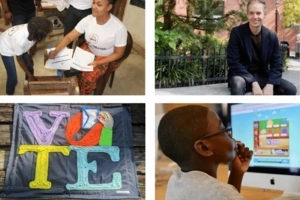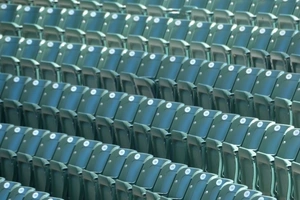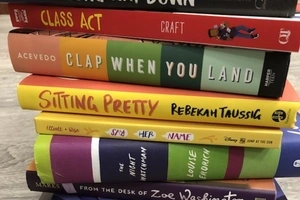-
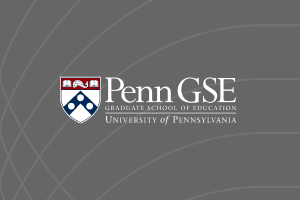
Richard Ingersoll said that admission standards for elementary teaching programs are already low, certainly compared to other professions such as medicine and law. The solution presented to address shortages in the national teacher workforce has been to “widen the gate and lower the bar,” but lowering academic standards “any further doesn’t make much sense,” Ingersoll said.
-

Yasmin Kafai and professors across several departments at Utah State University have partnered to create an imaginary virus, allowing students to virtually explore many aspects of living in a pandemic. Children can play in this risk-free environment with more control than they often have in the real world.
-
 Topics
TopicsRichard Ingersoll said cultural misunderstandings about what it takes to be a good teacher have contributed to low wages for educators. “There was this idea that you don’t have to be that smart. It’s not as complex,” he said. “Or as difficult as being an accountant, working with numbers. Or being a dentist, working with teeth.”
-

Jonathan Supovitz explains, “The principals are doing all these amazing things, which are serving urgent needs of kids and families. That’s not taken into account in what we think of as a good school. There is an imbalance between our metrics for assessing quality and the actual role of schools in society.” The Consortium for Policy Research in Education, housed at Penn GSE, has published five briefs about how U.S. school districts and principals have dealt with the pandemic.
-
 Topics
TopicsSharon Wolf and an Imperial College London colleague co-authored an article about the effects of food shortages on early childhood development. “We found that children from households that were food insecure even only once during the three-year study period had lower literacy and numeracy abilities and short-term memory performance later on,” they wrote.
